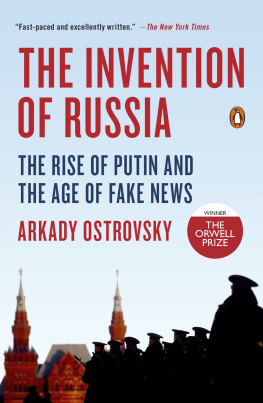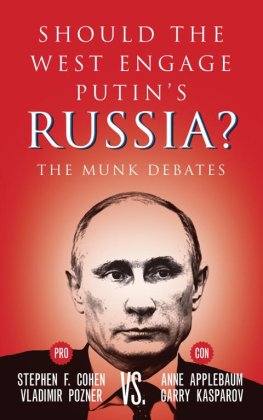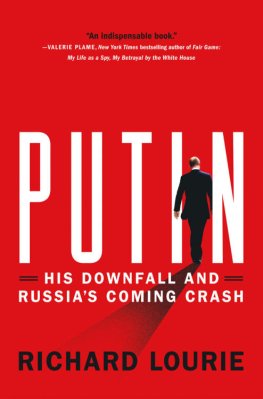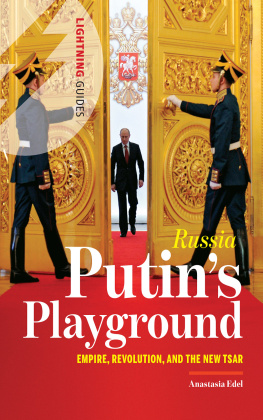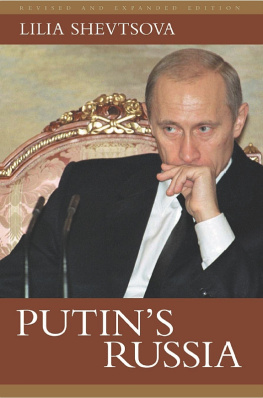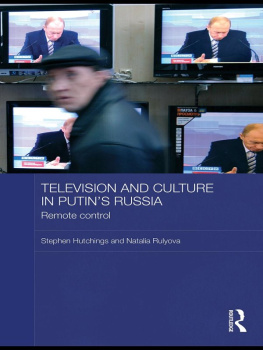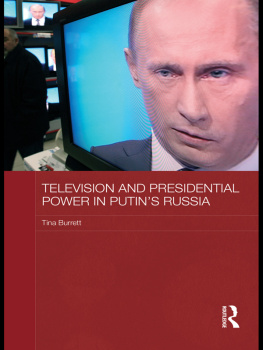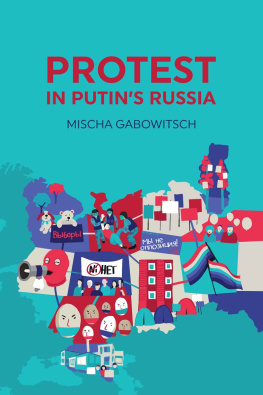PENGUIN BOOKS
An imprint of Penguin Random House LLC
375 Hudson Street
New York, New York 10014
penguin.com
First published in Great Britain by Atlantic Books, an imprint of Atlantic Books Ltd., 2015
First published in the United States of America by Viking Penguin, an imprint of Penguin Random House LLC, 2017
Published with a new preface in Penguin Books 2017
Copyright 2015, 2017 by Arkady Ostrovsky
Penguin supports copyright. Copyright fuels creativity, encourages diverse voices, promotes free speech, and creates a vibrant culture. Thank you for buying an authorized edition of this book and for complying with copyright laws by not reproducing, scanning, or distributing any part of it in any form without permission. You are supporting writers and allowing Penguin to continue to publish books for every reader.
Extracts from articles by the author published in the Financial Times and The Economist are reprinted with permission.
Ebook ISBN 9780399564185
THE LIBRARY OF CONGRESS HAS CATALOGED THE HARDCOVER EDITION AS FOLLOWS:
Names: Ostrovsky, Arkady, 1971 author.
Title: The invention of Russia : from Gorbachevs freedom to Putins war / Arkady Ostrovsky.
Description: New York : Viking, [2016] | Includes bibliographical references and index. | Description based on print version record and CIP data provided by publisher; resource not viewed.
Identifiers: LCCN 2016019884 (print) | LCCN 2016008393 (ebook) | ISBN 9780399564185 (ebook) | ISBN 9780399564161 (hardcover)
Subjects: LCSH: Russia (Federation)History1991 | Soviet UnionHistory19851991. | Social changeRussia (Federation)History. | Russia (Federation)Politics and government1991 | PostcommunismRussia (Federation) History. | Political cultureRussia (Federation)History. | NationalismRussia (Federation)History. | CapitalismSocial aspectsRussia (Federation)History. | Russia (Federation)Social conditions1991
Classification: LCC DK510.76 (print) | LCC DK510.76 .O87 2017 (ebook) |
DDC 947.086dc23
LC record available at https://lccn.loc.gov/2016019884
Cover design: Jason Heuer
Cover photograph: Anadolu Agency/Getty Images
Version_2
To Becky
Contents
Prologue: A Silent Procession
I t was after midnight and I was making final changes to this book when I learned that Boris Nemtsov, a liberal politician once groomed to be president of Russia, had been shot six times in the back on a bridge just yards away from the Kremlin.
It was the most resonant political assassination in Russias post-Soviet history, and it did not seem real. I knew Nemtsov wellhe was more than a journalistic contact. Of all the Russian politicians I kept in touch with, he was the only one I considered a friend. He was charismatic, determined, honest, unpretentious and very full of life. Now his large body lay on the wet asphalt, covered by black rubbish bags, with the cupolas of St. Basils behind him: his was a postcard murder.
Those who killed Nemtsov acted with impudence and did not expect to be arrested. When one of them was detained, he turned out to be an officer linked to Ramzan Kadyrov, Chechnyas former rebel installed by Russian president Vladimir Putin to keep the territory under his thumb. Kadyrov had sworn his personal loyalty to Putin, helped annex Crimea and promptly defended the alleged killer as a true patriot.
Nemtsovs murder marked the first anniversary of Russias annexation of Crimea and its hybrid war against Ukraine. Now the violence ignited over the border had returned to the homeland. The war in Ukraine, stoked and fanned by the Kremlin, has not just devastated a former Soviet republic that dared to break free from its grip. It has devastated Russia itselfits sense of decency and moral fiber. It has turned xenophobia and aggression into a norm and civility into an offense.
Nemtsov was a good man who tried to stop the war. In the state media this has earned him the title of national traitor and American stooge. In the weeks before his death he was demonized on television. Soon after that hate banners carrying his image were hung on building facades with the words Fifth columnaliens among us.
Six days before Nemtsovs death I watched thousands of peoplesome paid, others notmarching through the heart of Moscow bearing slogans denouncing Ukraine, the West and Russian liberals. Muscle-bound toughs representing Kadyrov carried signs proclaiming PUTIN AND KADYROV PREVENT MAIDAN IN R USSIA alongside photographs of Nemtsov, identifying him as the organizer of Maidan. (Maidan had become shorthand for Maidan Nezalezhnosti or Independence Square, in Kiev, the epicenter of Ukraines revolution.)
I was born and bred in the Soviet Union and have worked for many years in Russia, but never before had I seen such levels of hysteria. This was something out of a documentary of 1930s Germany. As Nemtsov said in an interview recorded hours before his death, Russia is quickly turning into a fascist state. We already have propaganda modeled on Nazi Germanys. We also have a nucleus of assault brigades, like the [Nazi] SA.
Andrei Sakharov, Russias great humanist and nuclear physicist, once argued that a country that violates human rights at home poses a threat to international security. In fact, it was partly Sakharovs knowledge of the potential impact of his thermonuclear device that turned him into a human rights activist. Russia today has no Sakharov. It has propagandists who talk about the use of nuclear arms with flippancy unimaginable in the Soviet period.
Russia can reduce America to nuclear ash, boasted Dmitry Kiselev, the anchor of Russias main television channel, Rossiya.
After Stalins death, the personal power of Soviet leaders was checked by the collective Politburo. Now Kiselev said a decision to use nuclear arms will be taken personally by Putin, who has the undoubted support of the Russian people. In a documentary about the return of Crimea, Putin admitted he was ready to make such a decision if NATO forces tried to interfere in the peninsula.
The situation in Russia today is more dangerous than it was in the Cold War. The Soviet Union and America both emerged as winners from the Second World War and did not suffer from an inferiority complex. But Russias current rulers were shaped by what they consider to be their loss of the Cold War, and their feeling of rejection by the West, despite all their fabulous wealth.
A mixture of hostility and jealousy has triumphed in Russia thirty years after Mikhail Gorbachev ended the Cold War, opened up the country and proclaimed the supremacy of human values over the interests of the state. The withdrawal of Soviet forces from Eastern Europe, which today is deemed a fatal mistake in official textbooks, was greeted with approval not just by the West but by Russias own peoplethose same people who now approve of Putins bombing of Syria, designed to demonstrate the countrys resurgence and to project power outside the former Soviet territory for the first time since its defeat in Afghanistan. The end of Communism gave many the hope that Russia would become a normal country and join the civilized world.
As a drama student in Moscow at the time, I remember that feeling of hope. It was one of the happiest periods of my life. The world was opening before me, and my friends and I eagerly embraced our new freedom to travel and ability to make contact with people from the other side of the iron curtain. Theater companies from Europe brought their productions to Moscow, and we could not only see them, we could talk to their actors and directors. I remember the excitement of meeting two Swedish actors from Ingmar Bergmans company. These were my first proper foreigners, and the fact that I could talk to them was more important than what we said.

